Share this article
In this blog post I raise questions on the way consumers are shopping in order to reflect and make sustainable buying choices. Sustainable buying is a broad term and there are many factors to consider, but when profitability takes the centre stage of all the processes, the hidden cost is higher for everyone.
Mass production, fast fashion and similar industries have distorted our perception of product value. Items are thrown away as fast as they are bought and as a result our planet is suffering from unsustainable practices and cruelty.
There is a huge misconception in our capitalist world of consumerism. Always profit first, and then some more profit… how can this work out? When profit is put first, before anything else, there is certainly someone or some thing loosing on the other side.
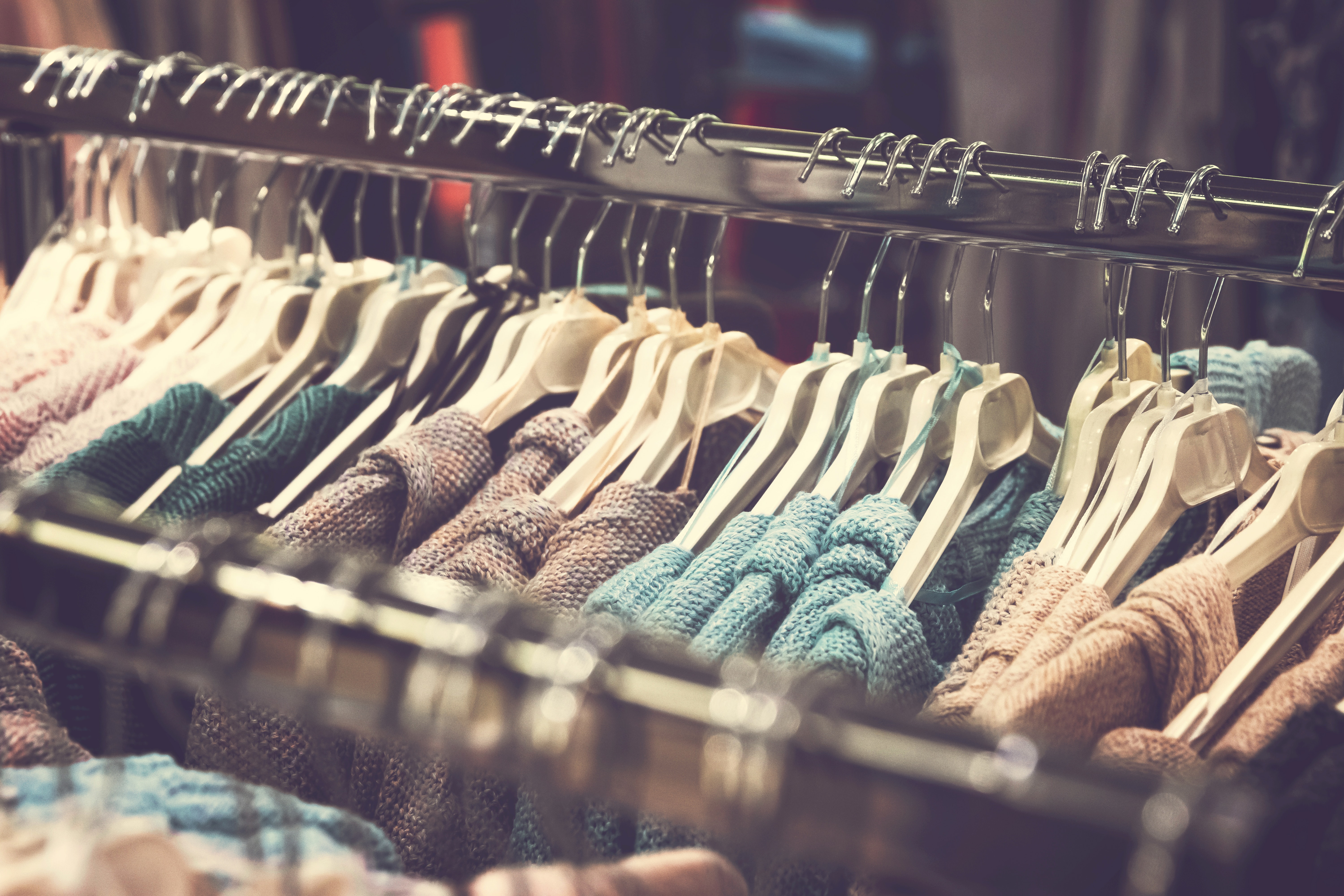
Why do we always look for cheaper products and what is its impact?
Firstly, it can be considered as selfish. When we buy cheaper items, we spend less – this seems like a ‘win’ for the buyer but one cannot stop to think only by the action of buying without considering how it reached the shelf, or our hands. When something is too cheap, most times “too good to be true”, someone else is getting an unfair income. Considering this fact alone definitely does not result in a win-win situation. It somehow feels like the items we buy cheaply are being snatched from someone else’s hand… There is no respect in doing so.
Often the manufacturer is disregarded when buying overly cheap (or we do not think at all about who is making). Neither is the raw material used considered which also involves harvesters and workmanship, often limited in supply.
When a product is purchased for peanuts, its perceived value is lost and therefore easy to discard an item as fast as you bought it. Its perceived cost in your eyes is the equivalent to a very small portion of your work time. This very act is not showing respect to the person who made it. Clothes, accessories, crafts, or any other item you that is thrown away, end up in landfills and polluting waters. There is no consideration of whether the materials are biodegradable or not, or how much energy was used to produce the material to begin with, or if the raw material is limited in supply.
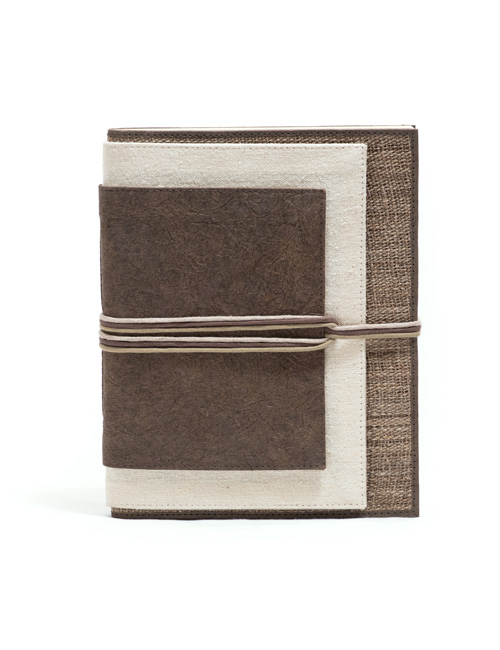
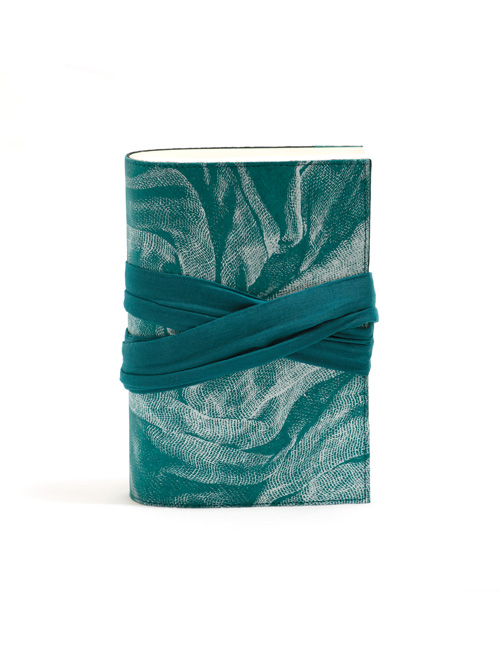
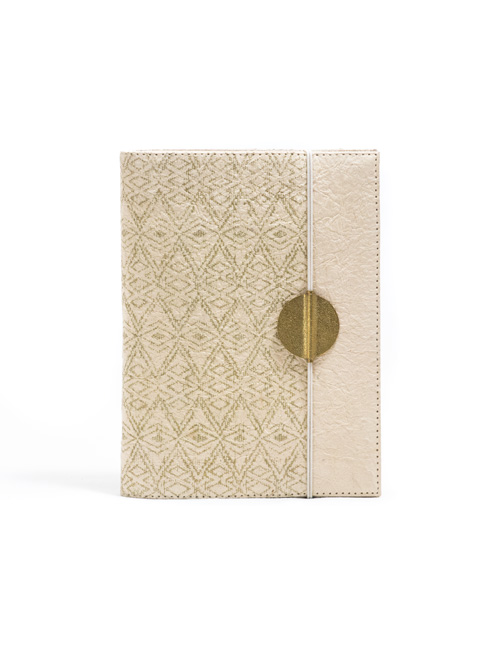
“I cannot afford to buy cheap”
I remember my grandfather telling me as a child, “I cannot afford to buy cheap.” This statement has stuck with me throughout my life and it makes so much sense! Buying better quality, even at a higher price, will last longer. Ultimately, you will save money buying better quality, since you do not need to replace as often as you would with cheaply made items.
Buying cheap simply gives the impression of saving money, however at the rate ‘stuff’ is being disposed of means that more new items are being bought. In the end, your spend will be higher over the year.
Cheap offers gives you the impression that you can afford to buy more, and so you accumulate more – but what is the point?
Did you know the average British woman hoards £285 of clothes she will never wear?
When faced with cheap offers, you may feel attracted because you can finally afford something you otherwise would not have been able to buy. Its price is attractive. In fact, the price of a product or service is often converted to the amount of work you did to earn the price of the item. This is what makes it seem attractive when you see that it’s merely a small fraction of your time worked.
I request you to ask these questions; if a t-shirt cost $5, how much is the person who made it getting paid? And what about the raw materials used - synthetic with chemicals or natural and handmade? Why is it so cheap?
When big companies like fast fashion brands are profiting, someone else along the chain is loosing. There should always be a proper balance.
ETHICAL COOPERATION NOT COMPETITION
Capitalism and the rush to profit is the most selfish way of living; it is over-individualist without empathy. We are so used to this way of thinking about businesses required to make maximum profits, that we no longer realise what it means and what effects this mentality has on us all.
The truth is, we live together and we need each other. All our lives are interlinked whether we like it or not. You push one way and the other side falls down. And if you push too hard you do get kicked back one way or another, one day or another.
We do need freedom of movement and freedom of speech and everyone longs for that. If we were looking at things from a different angle, we could see another way to live. It seems to me obvious that cooperation works much better and gives rooms for everyone.
Ethics is not just a fashionable word but it has a meaning in a balanced economy.
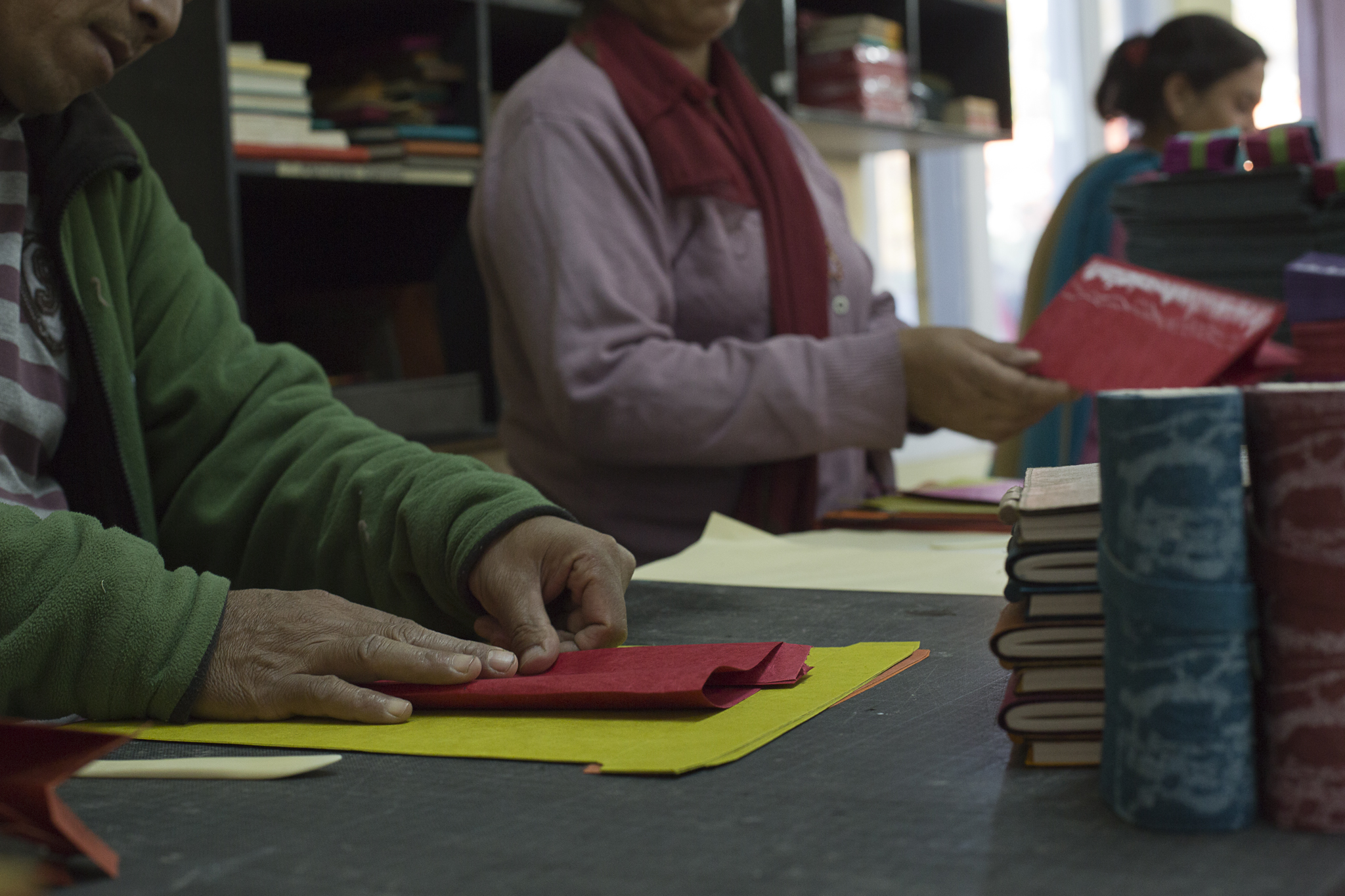
THINK ABOUT WHAT YOU BUY AND HOW YOU BUY
- What if we would decide to buy something according to the use we can make of it, how long it will last, and its quality?
- What if we thought about the time taken to make the item, the skills and equipment required, would that give us a real value or close enough value to appreciate it more?
- What if we made fewer purchases but the right ones?
- What impact will these changes have on your own contribution to a sustainable economy and conscious way of living?
- If you begin to think beyond the product on the shelf, how did it reach there, who made it, are they happy, what materials do they use?
When a clothes maker, artisan, craftsman is happy making a product, this energy is somehow felt, especially true for handmade products.
THE VALUE IN SUSTAINABLE HANDMADE PRODUCTS
The beauty in handmade products is mind-blowing. For me, making products by hand is soothing and I can see that with my team of artisans too – provided that the maker is not pushed to work extra fast – this is a great stress reliever!
Since the introduction and take over of mechanisation, we often do not understand the value, the quantity of work and time spent for handmade products. In fact it is often expected to be hardly more expensive than factory made items. Generally because people do not realise what is involved in manufacturing such products by hand.
Recently I organised a workshop with 6 women for making their own books in my studio. They were so amazed by the amount of work and the many steps involved just to make one journal. Now that they could see how it is made they told me that my products should definitely be sold more expensive!
Therefore the ignorance of how something is manufactured also distorts the appreciation of the product value.
Furthermore, when we can purchase items handmade, made with sustainable materials and eco-friendly manufacturing processes, this gives a higher sense of wellbeing. Materials from nature, which can be regrown easily in a sustainable way, brings the buyer closer to nature – this can be felt on a physical and emotional level.
“We are too materialistic in the everyday sense of the word. We are not at all materialistic enough in the true sense of the word. We need to be true materialists and really care about the materiality of goods.”
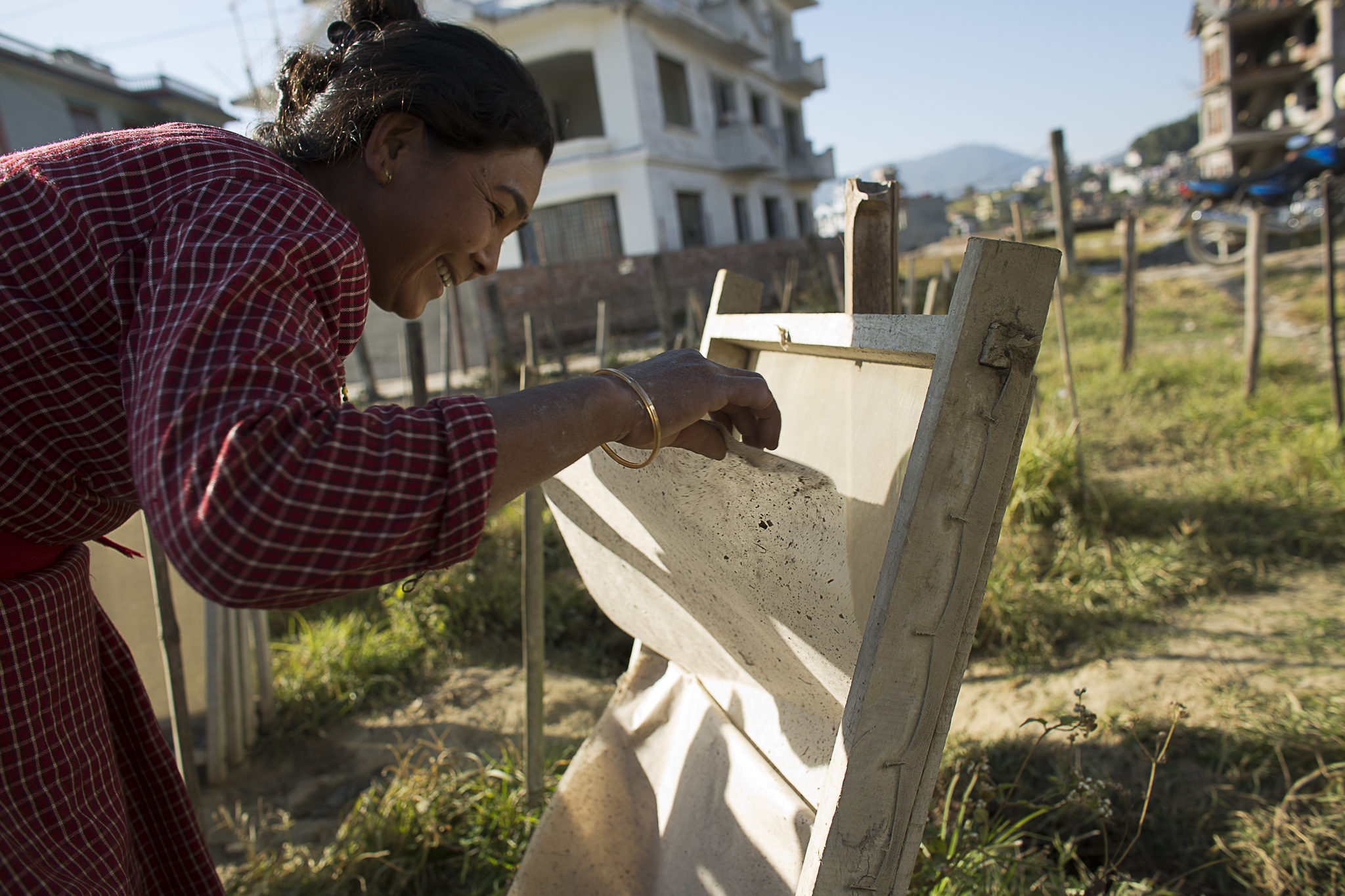
WHAT IS THE RIGHT PRICE? A REVOLUTION IN THE WAY WE THINK
What if we were to work slower, in a relaxed way, paying attention and care to what is needed to make good quality finished product, and sell the product at its right price?
Right now with the pricing perception we are used to, we are going to think it is too expensive! Perhaps our mind has been put upside down and the prices we see in the shops have corrupted us into believing a certain price point is the right price. Its almost now natural to think, since more products have become available at a low price why are some others are so expensive?
Here I think we need to reverse our thinking and unlearn what we have become accustomed to, and rather ask, “why is this so cheap!” What is hidden behind this low price? Especially when a human has made items fully or partially by hand and not fully by machine. These questions hold value as this practice can no longer be sustainable.
As a consumer, why be cluttered with so many things we hardly use? It is not good for the mind to live in cluttered spaces. You can actually experience this by yourself. When you put your room in order, your mind gets much clearer.
Wouldn’t it be better to buy less quantity, and better quality, that are aesthetically well designed and adapted to your use?
We should buy products we can be proud of because they serve our purpose for a long time and all those involved in the production are happy. This way would be win-win situation for everyone, you the consumer, the manufacturer and maker and the planet.
Instead of throwing out an item that is damaged, consider repairing and extending its life cycle with you, sometimes making it better than the original form! See the Japanese tradition of Sashiko; these beautiful embroideries are adorned on damaged clothes. Sometimes the whole cloth is covered with embroideries making the fabric unique and more attractive than the original.
Ethical Consumerism - You can decide
You are responsible for the world in which you live. In today’s globalised world, with Internet and access to information, you can no longer hide and say you do not know what are the consequences of our acts.
You, the customer, can decide on the future of purchasing. It is your purchasing behaviour that defines the type of products that are being produced. You should never forget that!
So if you want to live in a balanced economy that is fair and respects each person and material that is involved in it – please ask yourself these questions before purchasing something new or discarding something you got bored of!
Are you curious to know how Marina Vaptzarova is an ethical and sustainable brand? Hop on to our Sustainability Page
Learn more about our team and meet some of our makers on “Who Made Your Journal” on the blog.
Marina Shrestha, designer of Marina Vaptzarova is an expert at transforming local materials and skills into contemporary and aesthetically pleasing customised accessories, products and interiors. The result is an authentic and intimate ambience with products and accessories that hold a story, giving purpose to today's fast paced lifestyle.
About Marina Vaptzarova
Designing and creating conceptions has been part of her professional life for over 25 years. During this period, Marina revisited the traditional raw materials, craftsmanship and skills of Nepal and transposed these into contemporary design handicrafts and accessories. Her designs are fully experienced by the customer and play a prominent role in addressing the needs of the hospitality sector.
Marina Shrestha is a specialist consultant designer for interior handmade accessories in the hospitality sector, particularly in the luxury boutique segment. She also provides consultation on product development for handmade crafts.
Share this article

